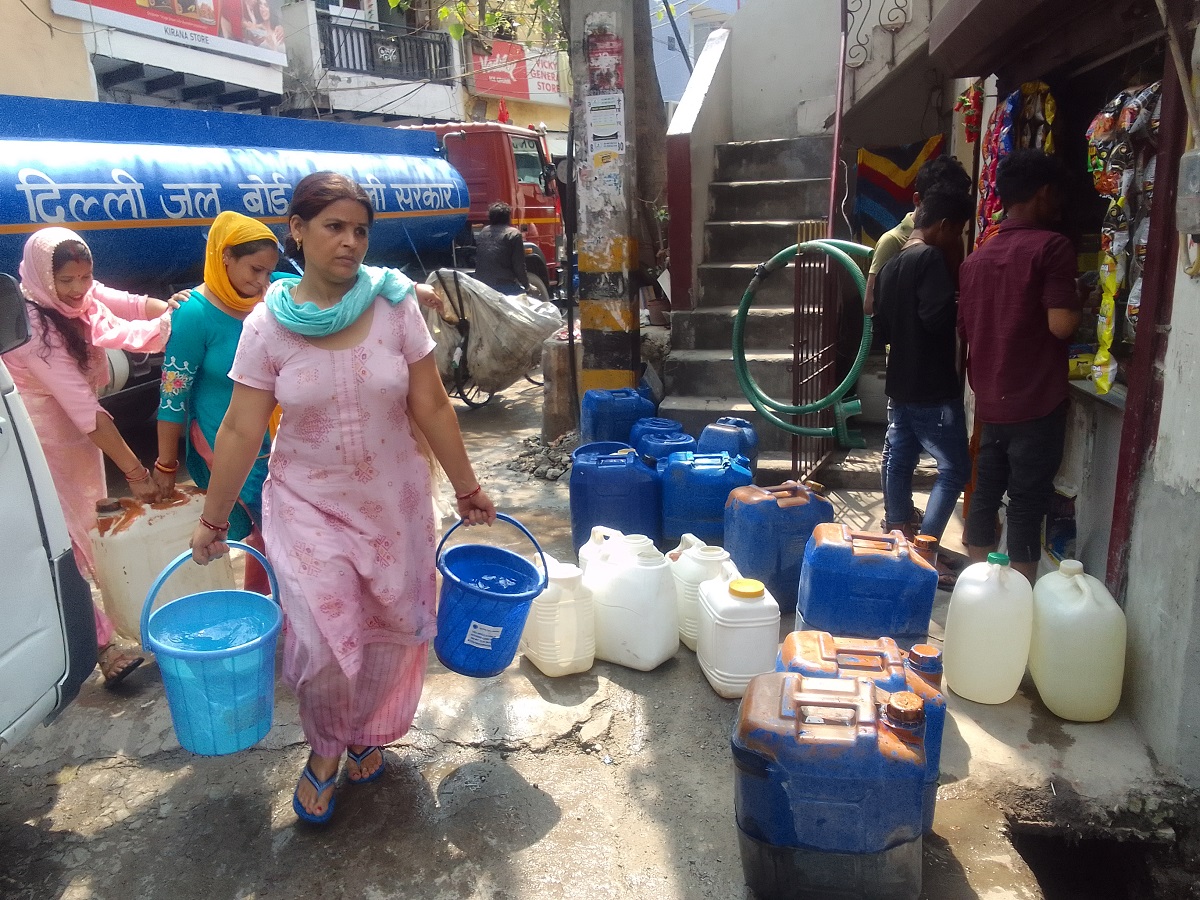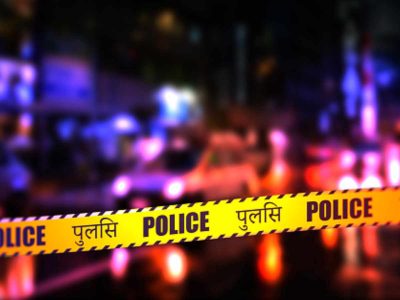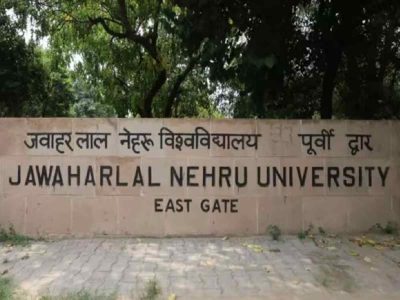Delhi’s Chief Minister, Arvind Kejriwal, announced on Tuesday that the city’s water crisis would be resolved within the next two to three years. The government has taken decisive measures to address the issue, Kejriwal stated during a press conference at the Delhi Secretariat.
In 2015, Delhi’s water production capacity stood at 850 million gallons per day (MGD). However, it has now been increased to 1,000 MGD, according to Kejriwal. He further revealed his ambitious target to further augment Delhi’s water production to a range of 1,200-1,300 MGD.
Once this target is achieved, the residents of Delhi will no longer have to face water shortages, the Chief Minister assured. To accomplish this, the government has devised a comprehensive plan. It includes the installation of tubewells in areas with high water-tables, which will enable the extraction of water on a large scale. Moreover, an innovative approach will be adopted to replenish groundwater by revitalizing lakes with treated sewage treatment plant (STP) water, Kejriwal explained.
The recharged water will undergo additional treatment in reverse osmosis (RO) plants before being supplied to households. This multi-step process ensures that the water meets the highest standards of quality and is safe for consumption, as per the Chief Minister’s statement.
In order to achieve the highest standards of sewage treatment, all STPs in Delhi are currently undergoing comprehensive upgrades. The aim is to mitigate pollution and promote responsible management of water resources, Kejriwal said.
With these radical steps and the concerted efforts of the government, Delhi’s water crisis is expected to be resolved within the next two to three years. The implementation of measures such as increased water production, tubewell installation, groundwater recharge, and enhanced sewage treatment will pave the way for a sustainable and sufficient water supply in the city. (With inputs from PTI)





